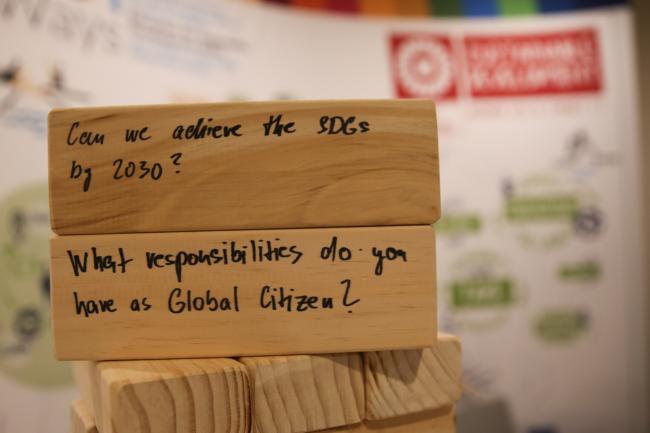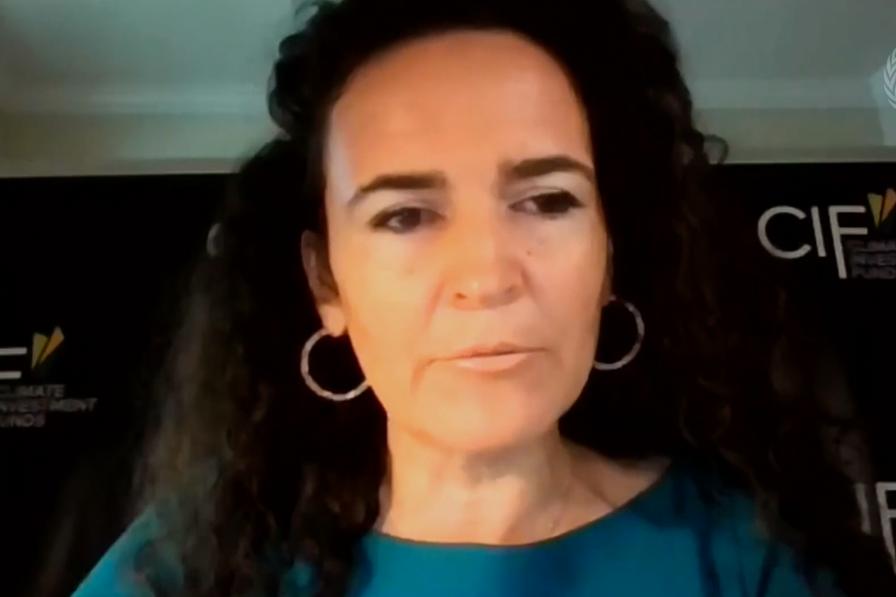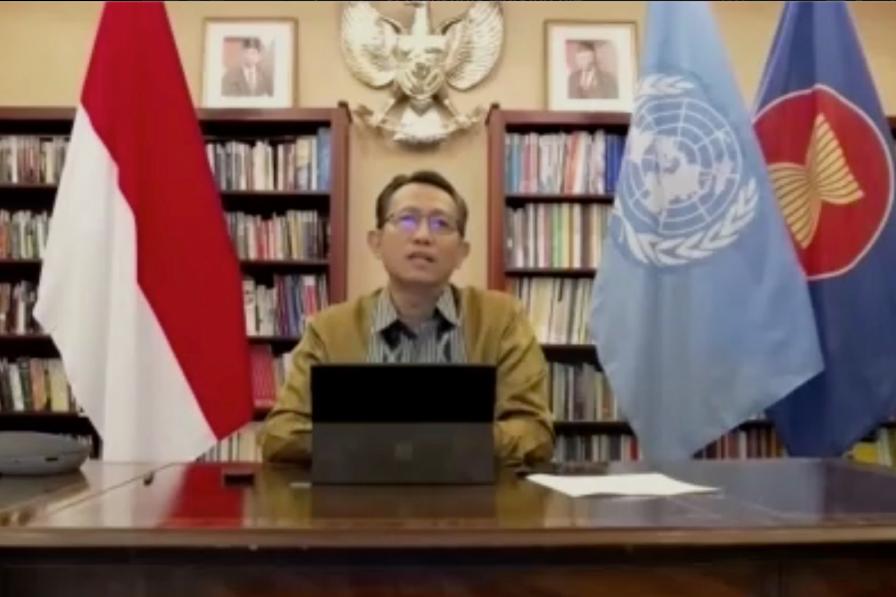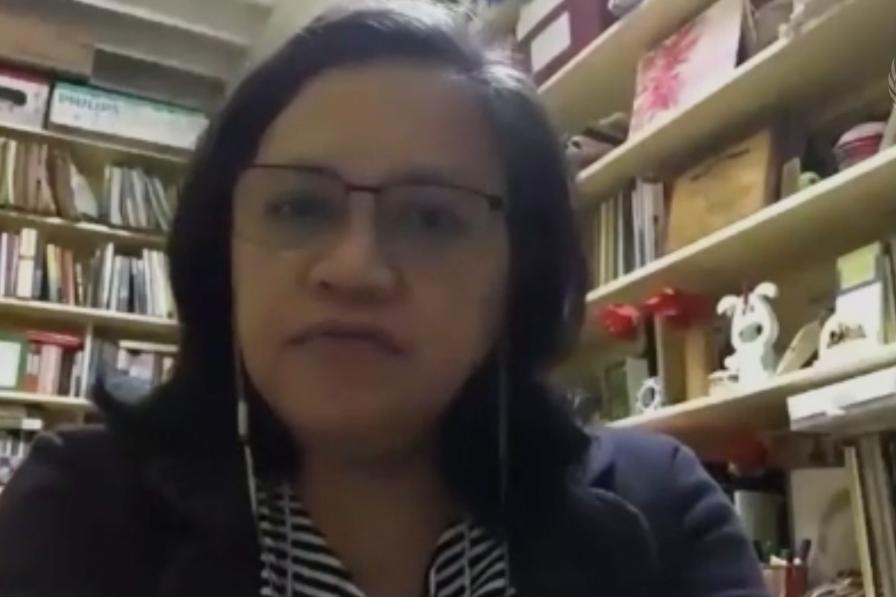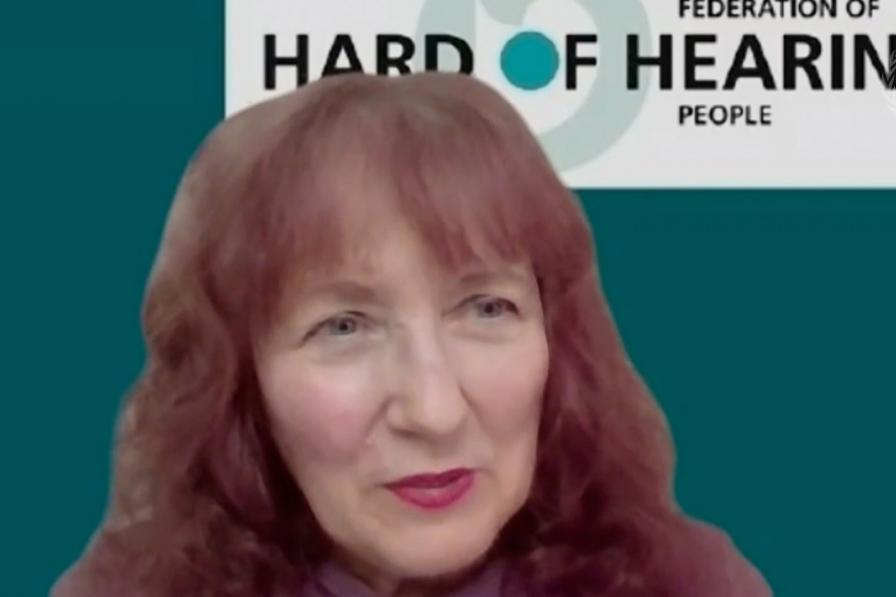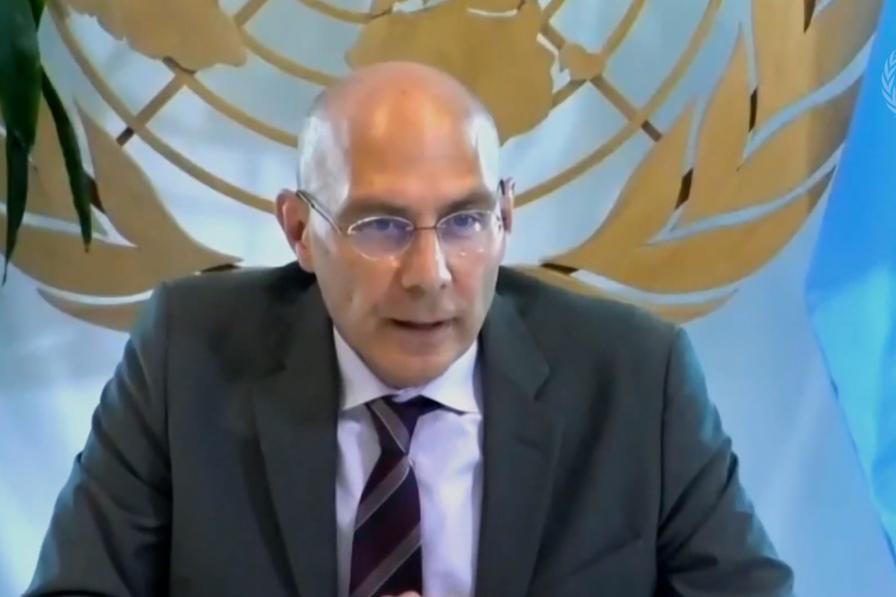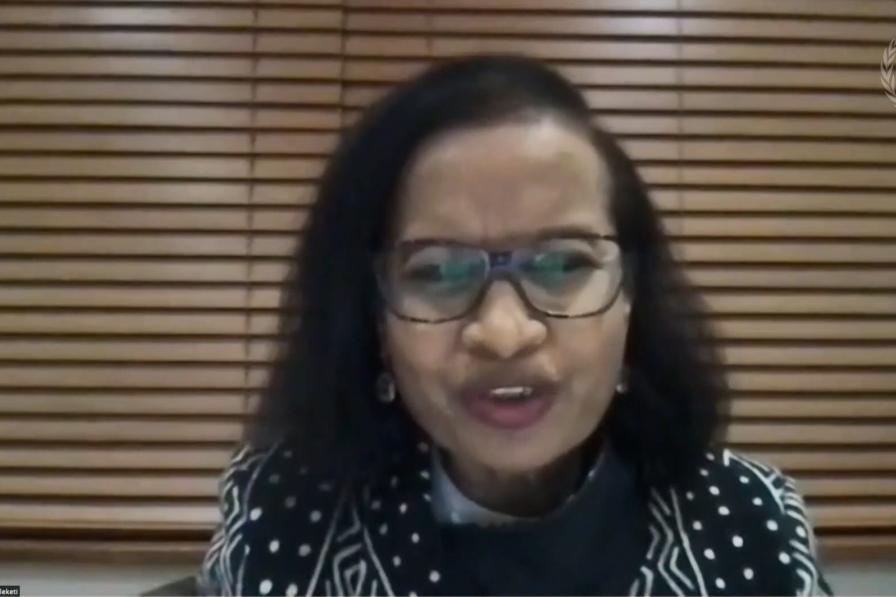The challenges of a sustainable and resilient recovery from the COVID-19 pandemic were explored Friday as the first week of the 2021 High-level Political Forum on Sustainable Development (HLPF) concluded.
The first panel, which was in the format of a fireside chat, addressed the need for a multidimensional vulnerability index (MVI) for small island developing states (SIDS).
Mafalda Duarte, CEO, Climate Investment Funds (CIF), said the middle income status of many SIDS does not adequately reflect their true vulnerabilities.
Wavel Ramkalawan, President of Seychelles, discussed an MVI, saying that SIDS should not be called high or middle-income, especially when their economies have been devastated by COVID-19, and stressed the need for concessional financing, and for partnerships to result in action.
All panelists and other speakers supported the need for an MVI. As Patricia Scotland, Secretary-General, Commonwealth of Nations, said, empirical data shows small islands’ multiple vulnerabilities and that judging vulnerability and resilience on gross domestic product (GDP) is flawed: “When a hurricane or cyclone comes it doesn’t ask what your GDP is.”
The second panel focused on ensuring that science and technology support the realization of the Sustainable Development Goals (SDGs) and bridge the digital divide.
Houlin Zhao, Secretary-General of the International Telecommunication Union (ITU), described how new technologies can transform people’s lives, but pointed out that half of the world’s population remains disconnected from digital technologies.
Nnenna Nwakanma, Chief Web Advocate, World Wide Web Foundation, Nigeria, discussed using digital resources as development tools while ensuring they are safe and secure, especially for women. She defined elements of “meaningful connectivity” as daily connectivity, appropriate devices, and sufficient data and speed.
Other panelists stressed the importance of digitizing government services, eliminating the digital gender gap, and recognizing that artificial intelligence and technology alone cannot achieve the SDGs. Multi-stakeholder partnerships, open data, and academic freedom are needed to translate STI into policies and programmes.
The final session explored the priorities of Major Groups and other Stakeholders (MGoS) on how to advance an inclusive pathway to recovery that does not leave anyone behind.
Moderator Mabel Bianco, Co-Chair, HLPF MGoS Coordination Mechanism, and Women’s Major Group, raised the alarm that many countries are using the pandemic as an excuse to increase authoritarianism and human rights abuses. She highlighted gender equality and women’s rights as huge challenges due to the serious impact of the pandemic on women and girls.
Among the panelists, Joan Carling, Indigenous Peoples Major Group, highlighted how inequalities have been exacerbated during the pandemic and called for a systemic transformation of the neoliberal economic system, including combating illicit financial flows, tax evasion, and money laundering; as well as debt cancellation; guaranteed welfare for farmers, workers, women, and small business entrepreneurs.
Other panelists and speakers representing MGoS highlighted the need to promote, and how to enable, real, meaningful participation of civil society and other stakeholders in SDG implementation.
See the daily Earth Negotiations Bulletin for complete coverage.
To receive continuing coverage of this event delivered to your inbox, subscribe to the ENB Update newsletter.
Images from the Meeting

E.P. Chet Greene, Minister of Foreign Affairs, Immigration and International Trade, Antigua and Barbuda
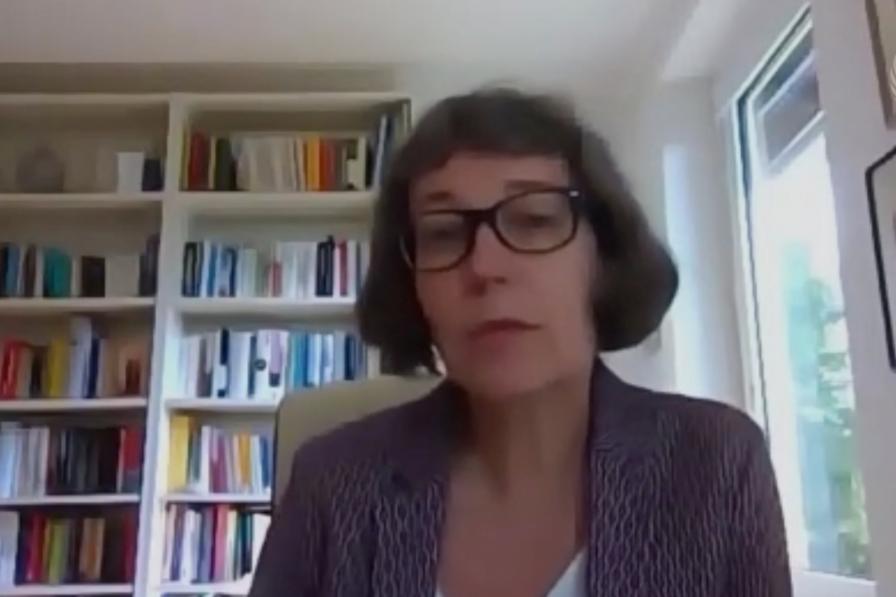
Imme Scholz, Co-Chair, International Group of Scientists of the 2023 Global Sustainable Development Report (GSDR)

Cherry Murray, Co-Chair, UN Secretary-General’s 10 Member Group to Support the Technology Facilitation Mechanism
